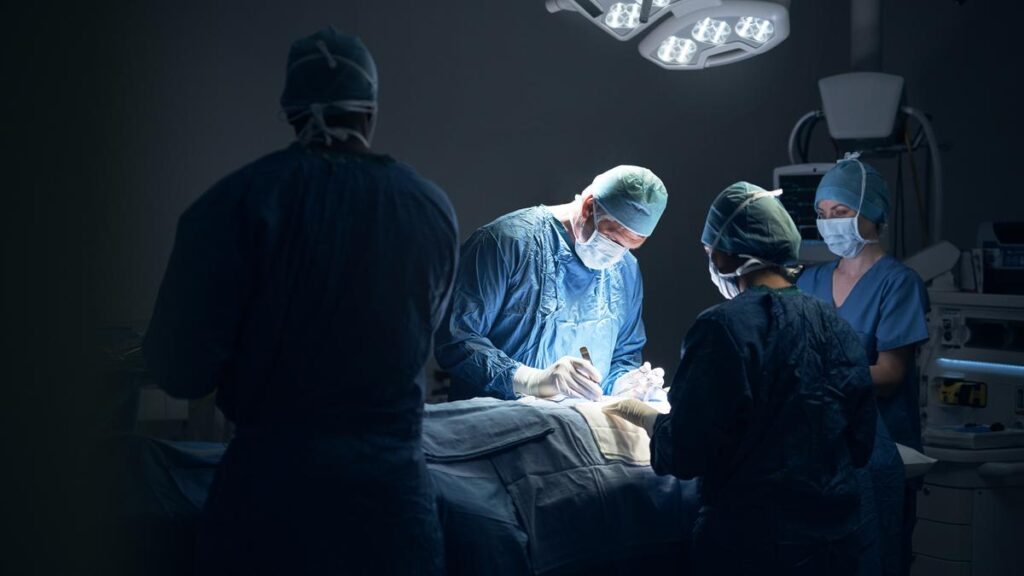
Representative image.
| Photo Credit: Getty Images/iStockphoto
Live broadcasts should not be used for promoting the operating surgeon, hospital, or product brand, and surgeons should not have a financial or commercial interest in the equipment or devices used during surgery/procedures, the National Medical Commission (NMC) has said in its detailed guidelines, issued this week to regulate the conduct and broadcast of live surgeries.
The regulatory body maintained that it’s in favour of promoting recorded video, wet lab, cadaveric, and simulation-based surgeries/procedures as they entail no risk to the patient.
Issuing specific instructions for patient selection, the Commission has said that patients with high-risk procedures, incomplete investigations, or unusual anatomy should not be included in live broadcasts. Also, financial incentives for participation should not be permitted. The process of informed consent should be conducted by the operating surgeon or team, with clear explanation, and the patient has the right to withdraw consent at any time.
It added that live broadcasts can be provided for new procedures, while recordings should be preferred for established procedures or high-risk cases.
“Patients should be medically fit and have no contraindications to the surgery/procedures. Patients can be enrolled in insurance coverage to safeguard against any unforeseen incidents during live surgery/procedures. However, patients should be informed about the availability and limitations of this insurance. Any surgery/procedure-related complications should be managed free of cost,’’ it said.
The guidelines further add that during surgery or procedures, the operating doctor can broadcast but should not interact with the audience in order to maintain focus on the patient’s safety. “Relevant step-wise live commentary by an operating surgeon can be permitted without any two-way communication with the audience in special situations,’’ the directive states.
Surgeons are responsible for adhering to professional and ethical standards during the live broadcast, the NMC has said, adding that they must prioritise patient welfare over any other considerations. Surgeons are also required to be involved in pre-operative discussions, and post-operative treatment for at least 24 hours after the surgery or procedures.
Additional recommendations include live broadcasts strictly serving educational purposes, and not involving commercial gain or promotion. Surgeons should avoid glorification, and the focus should be on surgical techniques and patient care. Also, complications and risks associated with live broadcasts should be addressed through stringent regulations and insurance coverage.
Recordings of procedures should be used for educational purposes in closed groups, with live demonstrations reserved for vetted new procedures, and unedited recordings of the procedure preserved for at least two years, if there is no litigation.
Published – July 27, 2025 08:51 pm IST


